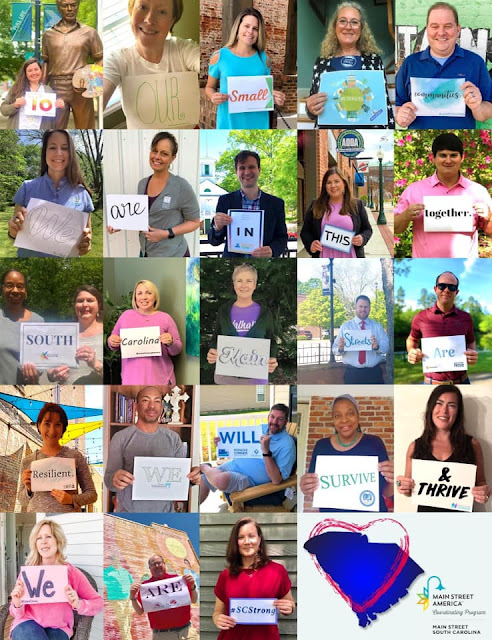The initiatives come out of the input that cities and towns provide at Regional Advocacy Meetings during the fall. The board’s legislative committee then considers all issues and provides recommendations to the board. The Association offers a sample proclamation that cities and towns can use to adopt the Advocacy Initiatives.
Here are the initiatives:
- Broadband expansion
The Association will seek to amend the newly adopted broadband expansion law to allow cities and towns to not only lay fiber, but also light the fiber or partner with a third party to activate it. - Enclave annexation
Allowing cities and towns to close enclaves, also known as doughnut holes, in their municipal limits through annexation is a long-standing issue. Cities and towns have long advocated for closing enclaves that prevent consistent and efficient service delivery. - Law enforcement reform
Supporting reform measures to aspects of law enforcement training and practices will be important in 2021. Both the House and Senate are taking testimony from experts on changes to current law enforcement practices. - Code enforcement
Cities and towns struggle with paying for the remediation of dilapidated buildings and properties. Requiring code enforcement liens to be billed and collected, similar to property taxes, would allow cities and towns to maintain property standards more effectively. - Abandoned buildings tax credit
Extending the current abandoned buildings tax credit to 2022, which provides for additional local economic development incentives, will be valuable as the state’s economy recovers. Learn more about how the credit can help cities and towns in this Uptown article. - Local Government Fund
Because of the coronavirus, legislators did not pass a state budget for fiscal year 2020-2021. The continuing budget resolution they passed did not include any additional funding in the Local Government Fund. Calling for the LCF to be funded according to current law will be critical for the fiscal year 2022 budget. - Firefighter Healthcare Benefit Plan
The Municipal Association supports the inclusion of money in the state budget to fund the Firefighter Healthcare Benefit Plan. Legislators passed a bill in 2020 that would offer monetary benefits to firefighters with cancer. For the bill to take effect, lawmakers must appropriate money in the budget. - PTSD funding
For several years, the General Assembly has included $500,000 in the state budget for programs to support first responders who experience trauma. The Association will seek to ensure funds continue to be included. - Zero millage
Cities and towns with no property tax millage should be allowed to impose a millage with certain limitations. There are some cities and towns that do not impose an operating millage who now need to do so. The restrictions in Act 388 prevent them from adding this millage. - Municipal Capital Projects Penny
Creating a Municipal Capital Projects penny tax for municipal residents to approve for capital projects within the city limits is important for cities and towns within counties that do not have a capital projects tax. - Expansion of naloxone
The Municipal Association supports expanding the availability of naloxone, the medication, used to revive individuals suffering from drug overdoses, to fire and emergency medical services first responders. - Textiles Communities Revitalization Act
The Textiles Communities Revitalization Act needs to be amended to include as one site those parts of abandoned mill properties that are separated by way of an intervening connector, such as a railroad or waterway. This Uptown article explains this tax credit and shows how it works in action.
Keep up with legislative action
As the legislative session begins, be sure to follow along with the ongoing updates in From the Dome to Your Home, a weekly legislative action recap email that features suggested action steps for cities and towns, as well as the City Quick Connect podcast. In early February, Hometown Legislative Action Week will bring a full week of virtual content from the Association’s advocacy team as well as state and federal legislators.

















